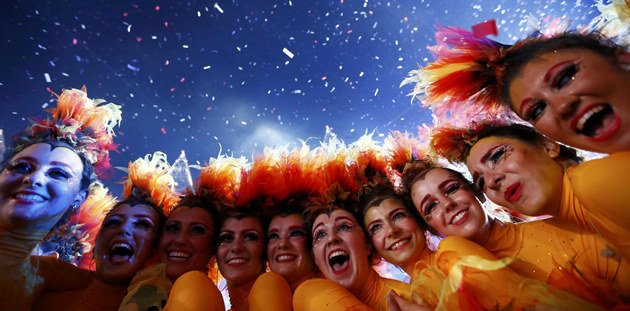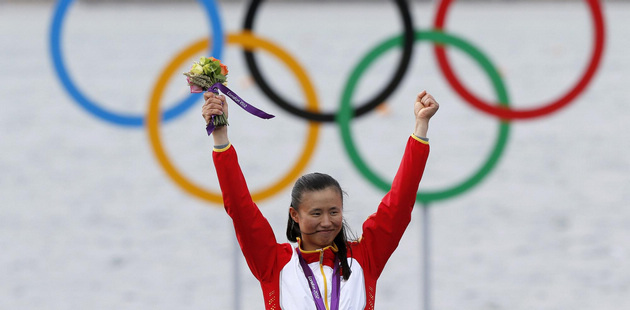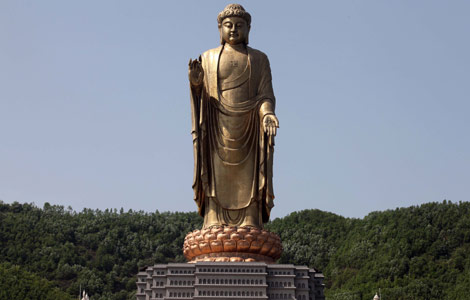From folk in the field to opera’s grand stage
Updated: 2012-08-10 16:29
(China Daily)
|
|||||||||||
Dai Yuqiang is the country’s most famous opera singer and gives around 200 concerts a year, at home and abroad. at 50, he looks just like the photo on the cover of his debut solo recording released in 2004, with smooth skin, pouty lips and curly hair.
Dai voice astonished producer Tibor Rudas, the man behind the Three Tenors, so much that he quickly arranged Dai’s operatic debut in the United states. He even described Dai as the world’s “fourth tenor”.
luciano pavarotti invited Dai to his home in pesaro, italy, as his first and only chinese student. covent garden, la scala and the most prestigious opera houses offered him roles.
in 2011, Dai, together with two of the country’s top opera singers, Wei song and Warren Mok, formed china’s Three Tenors. They opened their world tour in beijing’s great Hall of the people, and have sinceperformedatthe lincoln center, new York, and the Hong Kong cultural centre concert Hall. They are also scheduled to perform at Usher Hall, edinburgh, with the Royal scottish national Orchestra.
During the 2012 O l y m p i c g a m e s , china’s Three Tenors c o n c e r t w i l l b e performed as part of beijing culture Week in london, presenting a traditional opera repertoire — including works from Rigoletto, pagliacci and Tosca — along with well-known chinese songs.
“The Three Tenors have their own distinctive singing styles. When they come together, their voices go together harmoniously,” said Zhang shurong, director of china’sThreeTenors concert.“Opera in china is booming.More original opera productions have taken place during the past few years. china’s Three Tenorsrepresents the country’s best operatic talent.”
Dai agrees and says he has experienced china’s passion for opera on his tours of the country.
He grew up in Wen’an, a small town in Hebei province, and never even saw a piano until he was 18. His parents, both farmers, loved singing folk songs while they worked and this shaped their son’s early interest in singing.
“singing made my parents happy, so i guessed the main function of singing was to bring fun and happiness,” Dai said.
He first heard opera on the radio.Though he couldn’t understand the lyrics in italian, he studied it by singing along. and though he dreamed of becoming a singer, he started work at 22 as an engineer in Taiyuan, shanxi province.
in 1984, he got into a drama school in beijing, where he was taught to sing in a chinese style. The first time Dai sang opera was age 30, when he sang Verdi’s il Trovatore, in chinese. “When i heard myself singing opera, i was stunned,”he recalled.“My classmates joked that it was a god-given gift.”
During that time, china’s Western operatic training put little emphasis on style and there were no vocal teachers to help singers understand the roles and how to express emotions. Dai taught himself italian and recited the lyrics day and night because he was curious about what the lyrics mean. The tenor said that though he studied operatic singing academically, he was still at an entry-level. The turning point in his operatic career was in 2001, when he met Tibor Rudas.
“What happened next helped me know my voice better and become a professional operatic singer,” he said. in june 2001, beijing hosted the Three Tenors — pavarotti, placido Domingo and jose carreras — at the Forbidden city. The central Opera House, which Dai belonged to then, worked with Rudas to provide an orchestra and o f fe re d D a i t h e chance to do a solo. after the Three Te n o r s ’ b e i j i n g c o n c e r t , R u d a s sta r te d wo r k i n g with Dai and sent him to pesaro for six weeks to work with pavarotti. “i not only studied with pavarotti but also with pavarotti’s teacher,” Dai said.
“both of them would stand up and clap when i sang in italian because it was rare for a chinese to sing opera in italian. One of the most important things they taught me was that opera singing requires constant passion and proper control of the voice, depending on the roles’ personalities.” He says that one of his most memorable show will always be his appearance with Maria guleghina and samuel Ramey in puccini’s Tosca at covent garden. “Thebootsandrobeiworeweredecades or even 100 years old. The co-stars were all world-class operatic singers. You can imagine how nervous i was,” he said.
“However when i stood on the stage and listened to my voice, i became confident and relaxed.” His successful debut led him to more singing dates around the world, but Dai was keen to return to his roots in china. “i love performing for chinese audiences and watching their expressions. Their sharing attitude makes me excited on stage,” he said. Today, Dai lives with his wife, liu Yan, and their 16-year-old daughter, who has studied piano from an early age. He also has a few students, who are rising stars in the opera world. He says his dream now is simply to perform, which is a real and inspiring idea, rather than becoming an operatic celebrity.
Hot Topics
iphone,shenzhou,taiwan,hiv,school bus,house,hk,tibet,rare earth,food safety,dairy
Editor's Picks
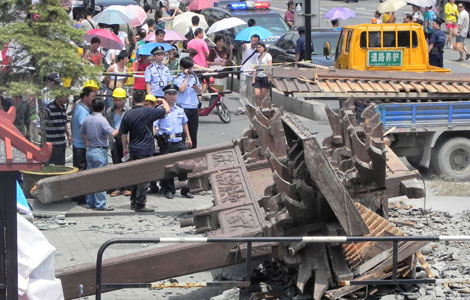
|
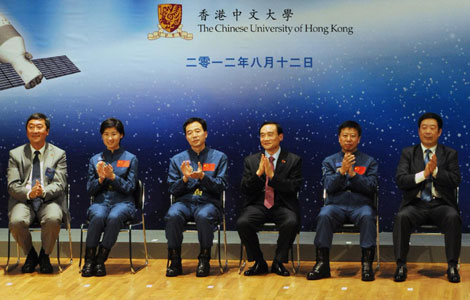
|
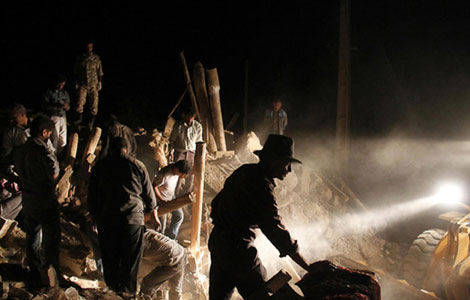
|
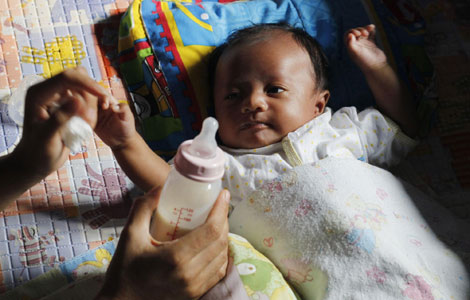
|

|
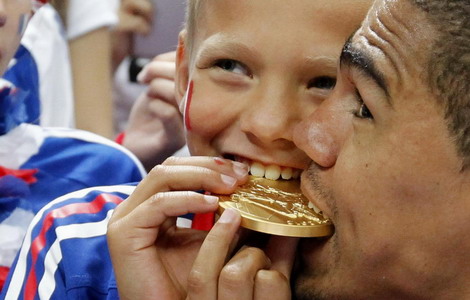
|


